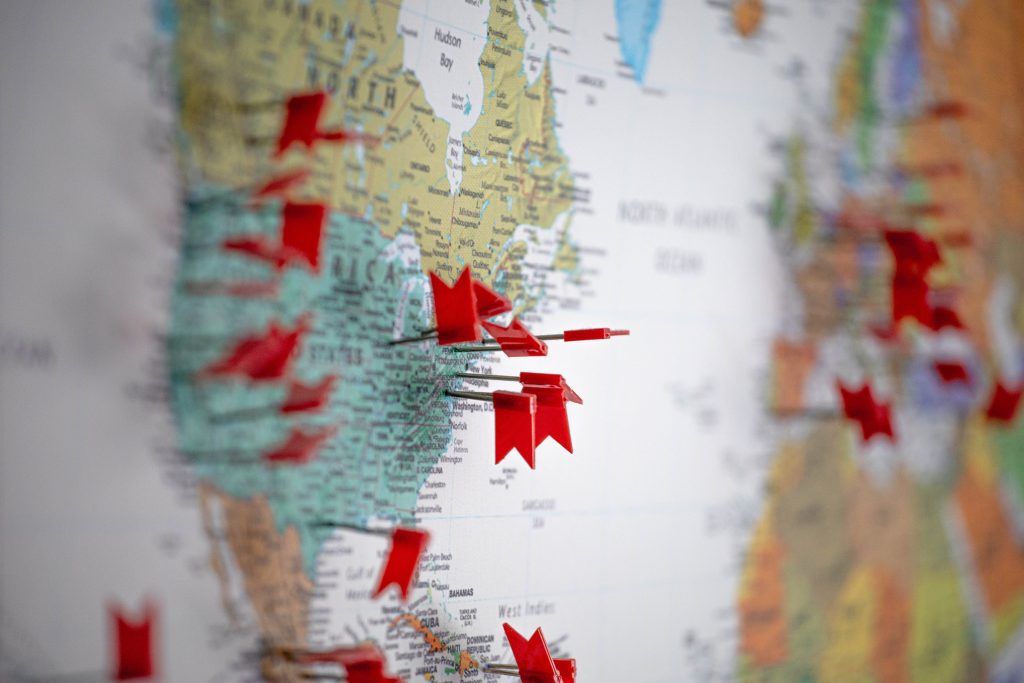By definition, menopause occurs twelve months after a woman’s last menstrual cycle, marking the end of her child-bearing years. The entire menopausal transition, however, lasts an average of 7 to ten years. During this time, the production of hormones decreases, resulting in many uncomfortable symptoms that may continue for years.
The experience of menopause can vary greatly. Some women may only have mild discomfort, while others have more problematic and long-term symptoms.
The only treatments for menopause are those that seek to reduce its symptoms. Doctors may use hormone replacement therapy to achieve this.
But before starting any medications such as those used in hormone replacement therapy, try making a few lifestyle changes to manage your symptoms. Doctors recommend making changes like these for at least three months before committing to hormone replacement, which has risks of its own.
Fortunately, there are many safe and affordable menopause symptom relief options. Here are four of the most common symptoms of menopause and some tactics to combat them.
Hot Flashes
Hot flashes are the most common symptom of menopause. Caused by a hormonal imbalance, they can make you distressingly hot for no apparent reason. They cause flushing of the face, sweating, a rapid heartbeat, and chills. If hot flashes happen in the middle of the night, they are called night sweats. Night sweats interrupt your sleeping pattern, which will add to daytime stress and fatigue.
Although hot flashes are an uncomfortable disruption, you can minimize their impact if you:
- Maintain a healthy weight.
- Carry a portable fan and water mister spray bottle.
- Avoid alcohol, spicy foods, and caffeine.
- Dress in layers so you’ll have more control over your body temperature.
- Keep your bedding layered so you can easily remove blankets when hot flashes strike.
- Use bamboo bed linens and pajamas.
- Keep yourself hydrated.
- Try natural supplements such as Black Cohosh, Red Clover, Soy, or Vitamin E.
Sleep Problems
It isn’t only night sweats that keep women from sleeping well. The production of progesterone, a calming hormone that induces sleep, declines drastically during menopause. Here are some strategies to help you get the sleep you need:
- Follow a sleep schedule by waking up and going to sleep at the same time each day.
- Establish a bedtime routine. Read a book, listen to calming music, meditate or soak in a bath.
- Turn off your television, computer, and phone because blue light waves suppress melatonin production.
- Keep your bedroom at a comfortable temperature.
- Avoid caffeine for six hours before bedtime.
- Don’t nap in the late afternoon or evening. Even a short power nap can disrupt your sleep schedule.
- Try using melatonin supplements.
Weight Gain
Many women unexpectedly gain weight during and after menopause because metabolism slows. You will need to eat less and exercise more to maintain your current weight. A common reaction is to go on an overly restrictive diet plan that will ultimately fail. A better approach is to gradually introduce a diet filled with an abundance of healthy foods.
Foods to include:
- Fruits and vegetables
- Calcium-rich foods such as milk and low-fat yogurt
- Lean meat, poultry, fish, and eggs
- Nuts and beans
- Whole-grain bread, cereal, and pasta
Mood Instability
Some chemicals made by the body, such as dopamine and serotonin, help to regulate mood. Unfortunately, the production of these chemicals slows down when estrogen levels decline, leading to anxiety and depression.
Getting restful sleep and eating a healthy diet will help regulate mood swings, and relaxation techniques will also help. Here are a few to try:
- Meditation
- Guided Imagery
- Deep breathing exercises
- Aromatherapy using essential oils such as lavender or chamomile
- Yoga
- Progressive muscle relaxation
- Tai chi
- Massage

